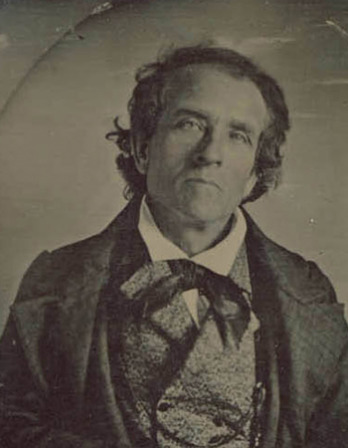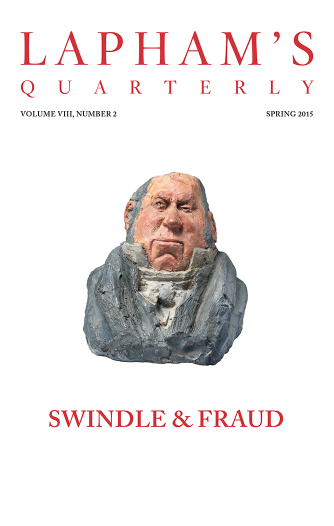What are the great poetical names of the last hundred years or so? Coleridge, Wordsworth, Byron, Shelley, Landor, Keats, Tennyson, Browning, Arnold, Morris, Rossetti, Swinburne—we may stop there. Of these, all but Keats, Browning, Rossetti were university men; and of these three, Keats, who died young, cut off in his prime, was the only one not fairly well-to-do.
It may seem a brutal thing to say, and it is a sad thing to say, but as a matter of hard fact, the theory that poetical genius bloweth where it listeth, and equally in poor and rich, holds little truth. As a matter of hard fact, nine out of those twelve were university men; which means that somehow or other they procured the means to get the best education England can give. As a matter of hard fact, of the remaining three you know that Browning was well-to-do, and I challenge you that if he had not been well-to-do, he would no more have attained to writing “Saul” or The Ring and the Book than Ruskin would have attained to writing Modern Painters if his father had not dealt prosperously in business. Rossetti had a small private income and, moreover, he painted. There remains but Keats, whom Atropos slew young, as she slew John Clare in a madhouse and James Thomson by the laudanum he took to drug disappointment. These are dreadful facts, but let us face them. It is—however dishonoring to us as a nation—certain that by some fault in our commonwealth, the poor poet has not in these days, nor has had for two hundred years, a dog’s chance. Believe me—and I have spent a great part of the past ten years in watching some 320 elementary schools—we may prate of democracy, but actually a poor child in England has little more hope than had the son of an Athenian slave to be emancipated into that intellectual freedom of which great writings are born.
From On the Art of Writing. Following the Balfour Act of 1902, Quiller-Couch joined the Cornwall Education Committee and helped expand secondary education in the region. This text originated as a lecture series he delivered at Cambridge in 1913 and 1914. Virginia Woolf quoted Quiller-Couch extensively in A Room of One’s Own, and in 1927 Hogarth Press, the publishing house she ran with her husband, Leonard, published Quiller-Couch’s A Lecture on Lectures, a critique of popular methods of rote learning.
Back to Issue



